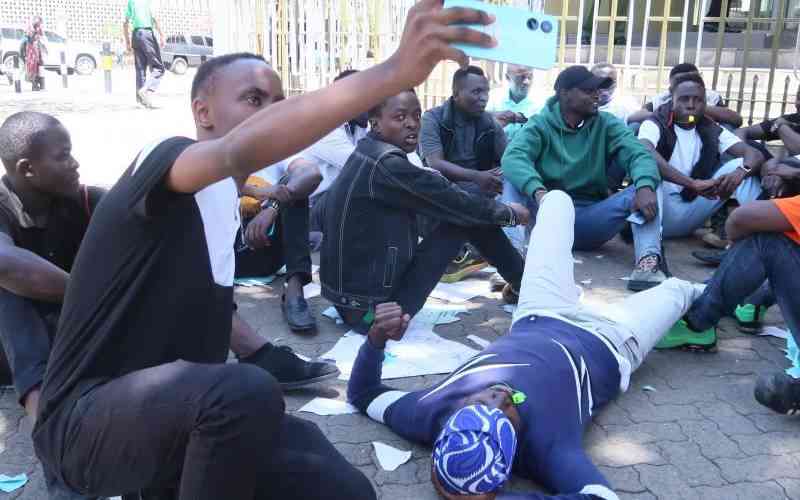×
The Standard e-Paper
Join Thousands Daily

Details have emerged of the new financial crisis facing public universities, with debts they owe statutory bodies rising to Sh61.1 billion.
It has also emerged that the government owes these institutions of higher learning Sh165 billion, further diminishing hopes of redeeming the situation. More disturbing, also, is the revelation that more 140,000 students may miss out on State funding to pursue their dream careers in universities.